Latin America’s Rightward Shift Continues In Honduras
Honduras’ newly elected president, Nasry Asfura of the conservative National Party, was sworn in on January 27, 2026. The election, held on November...
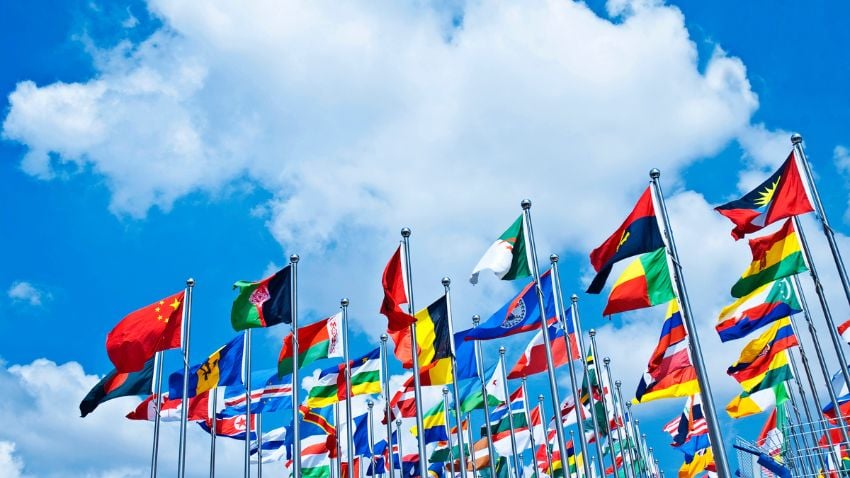
4 min read
In today’s world, sticking to your country’s passport may be limiting. You’ve probably been told that your country has it all, and there’s no need to go abroad to find better opportunities. If you’re from any Western country, this sort of mindset is the norm – as if the rest of the world didn’t exist.
However, if you go beyond your home nation’s borders, you can find life-changing opportunities and be better off than those who think you’re wasting your time. You can find new advantages, double your capacity to thrive, work and explore the world and, most importantly, live a life of freedom.
You can achieve all this with dual citizenship. Though seemingly daunting, it provides lots of benefits for those who find the right strategy to get closer to living on their own terms.
In this article, we’ll dive into what dual citizenship entails, including your potential obligations, benefits and what you can achieve with it.
Let’s begin.
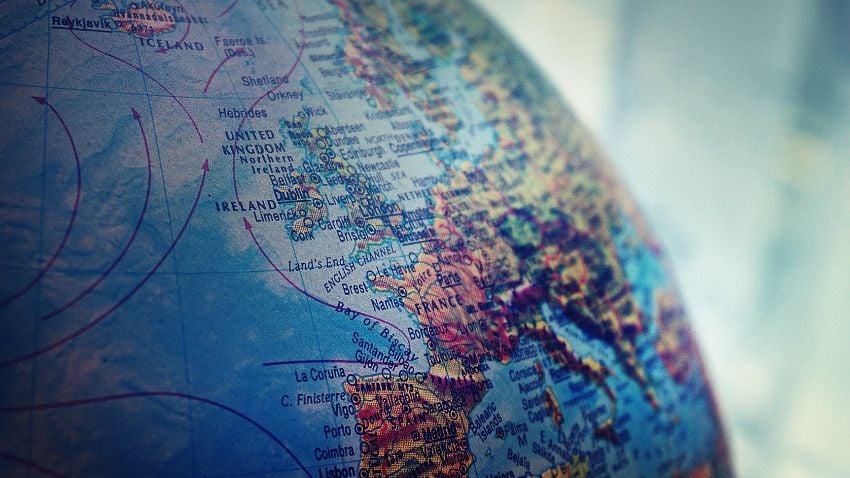
There are a lot of advantages to having dual citizenship
Dual nationality, otherwise known as having dual citizenship, is the concept of possessing legal rights and obligations to two countries at once. This means you are legally considered a citizen of both nations and have the rights and obligations associated with each.
One major advantage of being a dual citizen over having single citizenship lies in the increased mobility it offers. You'll be free to live, work or study in either country without needing special visas or permits.
The benefits don't stop at travel freedom. A second passport can give you access to more job opportunities across different markets; an added benefit for digital nomads seeking varied professional experiences. It might even lead to better healthcare options or educational opportunities abroad.
This isn’t all sunshine, though - there are some complexities involved, too. Some countries do not allow their citizens to hold another nation's passport alongside theirs – so make sure you understand your home country’s citizenship policy.
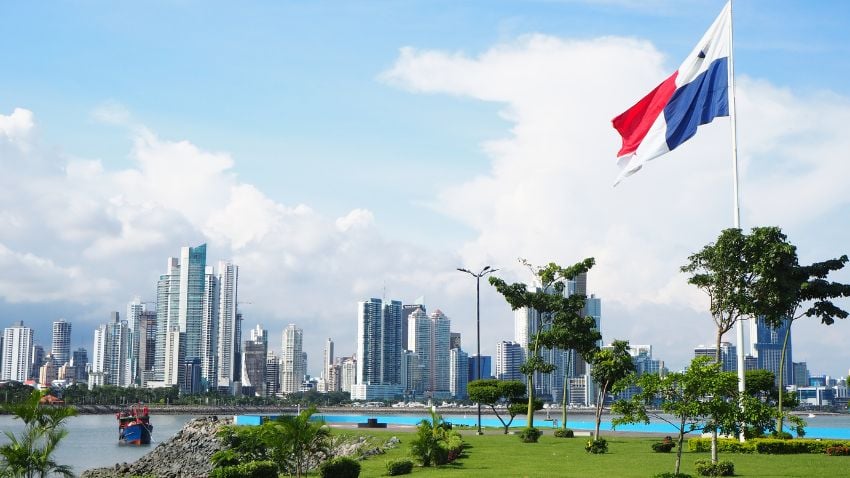
Panama City
Being a dual citizen isn't just about having two passports. It's also an avenue for unlocking numerous lifestyle perks, enhancing your quality of life and providing more freedom.
For instance, if you're a digital nomad or perpetual traveller who loves exploring the globe while working remotely, dual citizenship can give you hassle-free access to multiple countries. But it doesn’t stop there.
No matter where your wanderlust takes you as a dual citizen, one undeniable perk is real estate ownership possibilities. In many nations around the world - both developed and developing - property acquisition laws favour citizens over foreign nationals.
This means that with dual citizenship in hand, those dreamy beachfront properties or urban city condos become within reach. Plus, it’s not only residential real estate; business premises could be yours, too.
Healthcare is another critical aspect where holding two nationalities shines through. Apart from public health benefits offered by certain states, insurance policies may be easier (and cheaper) for residents than non-residents – saving money while staying protected has never sounded better.
Moving on from monetary matters, privacy policy concerns are becoming increasingly important worldwide due to data leaks affecting even big corporations.
Finally, let's not forget the academic opportunities. As a dual citizen, doors to prestigious educational institutions worldwide open up for you or your kids – that too at local tuition rates.
This privilege extends beyond schools and universities. Many countries offer exclusive professional development courses or vocational training programs only accessible to citizens.
If you're a dual citizen, you enjoy the perks of belonging to two nations. But with this privilege comes some complex legalities, especially concerning residency requirements and travel restrictions.
Dual citizenship means abiding by the rules of both countries. Some places don't allow dual citizenship or permanent residency without specific conditions being met. For example, in Germany, unless granted permission beforehand, one might lose their German nationality if they decide to take another.
You must know about your obligations towards each country, as ignorance isn't an excuse in the eyes of the law.
As a dual national, travelling can be tricky, too. It's not always smooth sailing because sometimes certain diplomatic ties could restrict your movement between your home nations or other countries due to political tensions or visa issues.
Military service is also worth considering; some nations require compulsory military service from their citizens. If that applies to any of your countries of citizenships - it may cause problems down the line when living abroad as a digital nomad.
The type of passport you use when travelling can make all the difference too. Your choices should reflect which nation's protection would serve best under different circumstances on foreign soil while still adhering to international laws and treaties at play.
For those who find these legalities overwhelming might consider renouncing their original citizenship. Before dialling, it's worth taking note that relinquishing your dual nationality isn't as straightforward as just giving up your travel document.
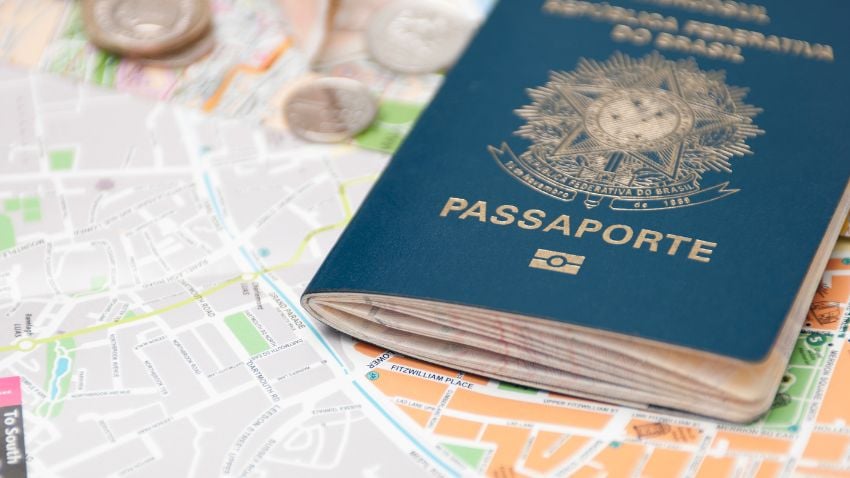
Holding dual citizenship extends beyond acquiring an additional passport; it can also serve as a strategic step for tax management
Dual citizenship is a multi-faceted concept that varies widely based on numerous factors. It's also worth considering how dual citizenship stacks up against alternatives like holding a green card or foreign national status.
Foreign nationals typically face stricter residency requirements than those with dual nationality do; this difference becomes evident when one wants to work legally abroad without needing additional permits – it’s easier if you’re already recognized by law as part of that nation.
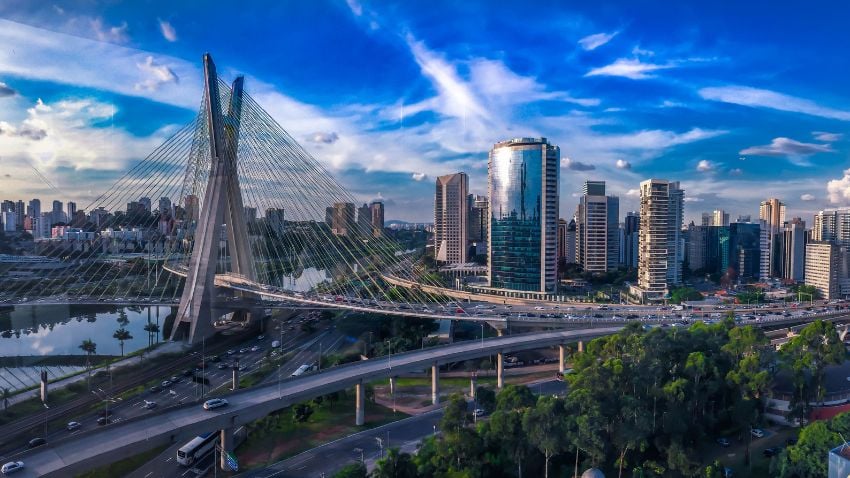
São Paulo, Brazil
Dual citizenship advantages are indeed far-reaching. It's not just about broader economic opportunities or enhanced mobility.
You'll be in a position to shape your lifestyle more effectively, thanks to perks such as access to better healthcare and education prospects across two countries. But remember, it’s essential you understand all legal aspects linked with dual nationality, too.
Whether you're drawn towards developed nations or developing ones, becoming a dual citizen could give you that extra edge over single citizens and green card holders alike!
If you want the best intel from the expat world, including profitable offshore opportunities, little-known tax-saving strategies, and hard-won insights on immigration, passports, and Plan-B residencies, all delivered to your inbox every single week, then join our daily correspondence, EMS Pulse®. Currently enjoyed by over 84,000 expats and expat-hopefuls worldwide. Fill in the form below to join our newsletter free:

Written by Mikkel Thorup
Mikkel Thorup is the world’s most sought-after expat consultant. He focuses on helping high-net-worth private clients to legally mitigate tax liabilities, obtain a second residency and citizenship, and assemble a portfolio of foreign investments including international real estate, timber plantations, agricultural land and other hard-money tangible assets. Mikkel is the Founder and CEO at Expat Money®, a private consulting firm started in 2017. He hosts the popular weekly podcast, the Expat Money Show, and wrote the definitive #1-Best Selling book Expat Secrets - How To Pay Zero Taxes, Live Overseas And Make Giant Piles Of Money, and his second book: Expats Guide On Moving To Mexico.

Honduras’ newly elected president, Nasry Asfura of the conservative National Party, was sworn in on January 27, 2026. The election, held on November...

For a growing number of Americans, cost-of-living math no longer works. Housing feels harder to reach, everyday costs keep climbing, and long-term...
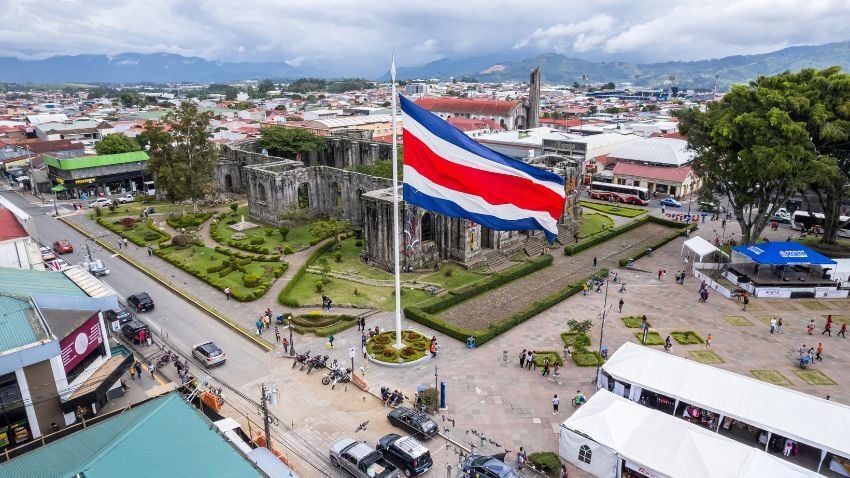
Costa Rica has become one of the most popular expat and digital nomad destinations in Latin America, known for its natural beauty, relaxed lifestyle,...